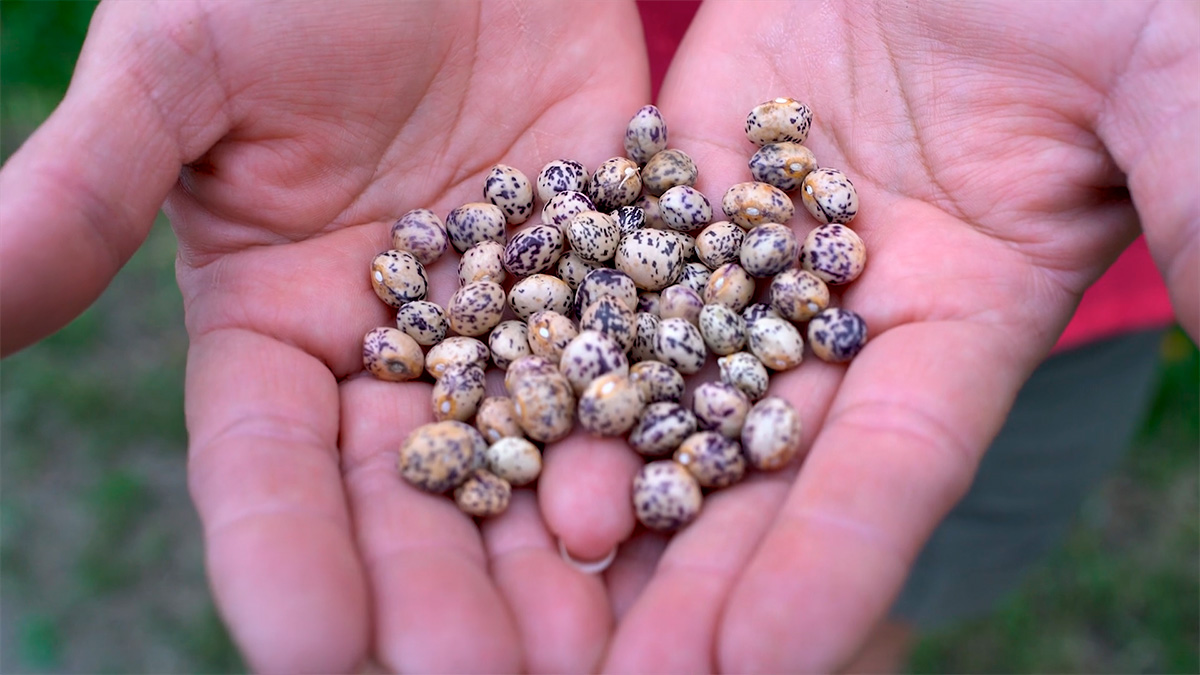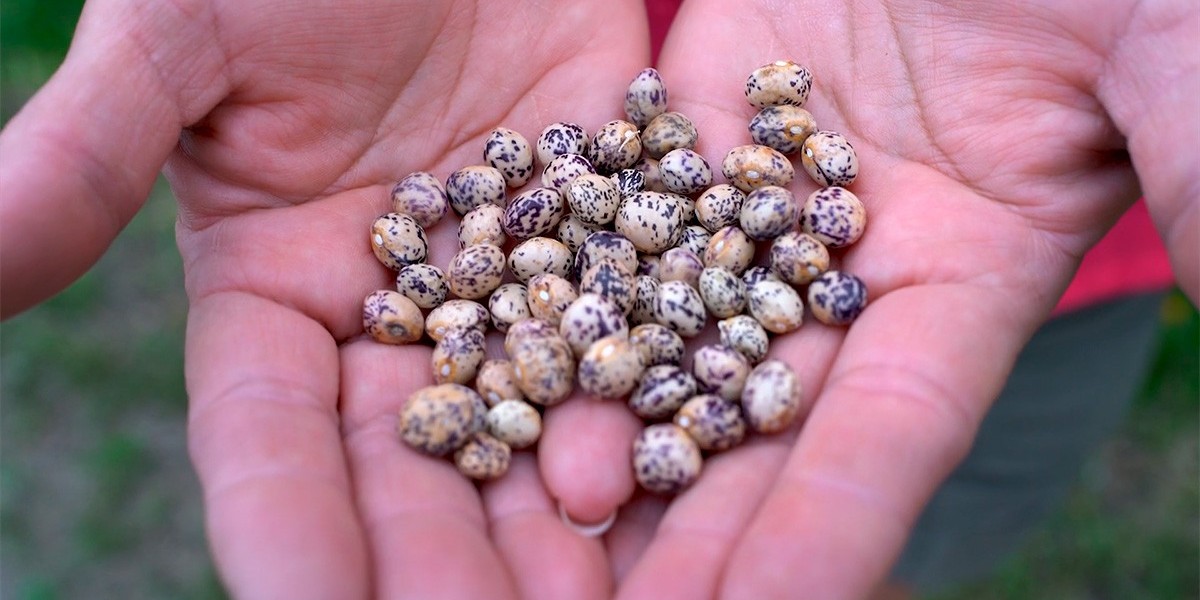Introduction
In the age of industrial agriculture and genetically modified crops, the importance of indigenous seeds cannot be overstated. These seeds, passed down through generations, are a vital part of our agricultural heritage. They offer a connection to our past, present, and future, embodying the wisdom of ancient farming practices and the promise of sustainable agriculture. This article explores the significance of indigenous seeds, their benefits, and the efforts to preserve them. 
What Are Indigenous Seeds?
Indigenous seeds, also known as heirloom or traditional seeds, are varieties that have been cultivated and passed down through generations within a specific community or region. These seeds are adapted to local environmental conditions and have been selected for their resilience, flavor, and nutritional value.
Characteristics of Indigenous Seeds
Genetic Diversity: Indigenous seeds offer a wide range of genetic diversity, which is crucial for adapting to changing climates and resisting pests and diseases.
Adaptability: These seeds are naturally adapted to local soil, climate, and farming practices, making them more resilient to environmental stresses.
Nutritional Value: Many indigenous seeds are known for their superior nutritional profiles, offering higher levels of vitamins, minerals, and antioxidants compared to commercially produced seeds.
The Importance of Indigenous Seeds
Indigenous seeds play a crucial role in sustainable agriculture and food security. Here are some key reasons why preserving these seeds is essential:
Biodiversity
Indigenous seeds contribute to agricultural biodiversity, ensuring a variety of crops are grown and reducing the risk of monoculture practices. Biodiversity is vital for ecosystem health, resilience, and the overall sustainability of agricultural systems.
Cultural Heritage
These seeds carry cultural significance, representing the traditions and practices of the communities that have cultivated them for generations. Preserving indigenous seeds helps maintain cultural heritage and agricultural knowledge.
Environmental Sustainability
Indigenous seeds are often more environmentally friendly as they require fewer chemical inputs like pesticides and fertilizers. They promote sustainable farming practices that are in harmony with nature.
Food Security
By preserving a diverse range of crops, indigenous seeds contribute to food security. They provide a buffer against crop failures and ensure a reliable food supply in the face of climate change and other challenges.
Challenges in Preserving Indigenous Seeds
Despite their importance, indigenous seeds face numerous challenges:
Commercial Agriculture
The dominance of commercial agriculture and the widespread use of hybrid and genetically modified seeds threaten the existence of indigenous seeds. Commercial seeds often require specific chemical inputs, leading to the erosion of traditional seed varieties.
Loss of Traditional Knowledge
As modern agricultural practices take over, traditional knowledge about seed saving, cultivation, and usage is being lost. This knowledge is crucial for maintaining the diversity and resilience of indigenous seeds.
Climate Change
Climate change poses a significant threat to indigenous seeds. Shifting weather patterns and extreme weather events can impact the growing conditions that these seeds have adapted to over centuries.
Efforts to Preserve Indigenous Seeds
Recognizing the importance of indigenous seeds, various organizations and communities are working to preserve them:
Seed Banks
Seed banks play a vital role in conserving indigenous seeds. These institutions store and protect seed varieties, ensuring their availability for future generations. Examples include the Svalbard Global Seed Vault and various national and community seed banks.
Community Initiatives
Local communities are at the forefront of preserving indigenous seeds. Through seed exchanges, farmers' cooperatives, and community gardens, these groups are maintaining and sharing traditional seed varieties.
Agroecology
Agroecological practices, which integrate traditional farming knowledge with modern scientific understanding, support the cultivation and preservation of indigenous seeds. These practices promote biodiversity, soil health, and sustainable farming systems.
FAQs About Indigenous Seeds
What are indigenous seeds? Indigenous seeds are traditional seed varieties that have been cultivated and passed down through generations within specific communities or regions.
Why are indigenous seeds important? Indigenous seeds are important for biodiversity, cultural heritage, environmental sustainability, and food security.
How do indigenous seeds contribute to biodiversity? Indigenous seeds offer a wide range of genetic diversity, reducing the risk of crop failures and promoting ecosystem health.
What are the challenges in preserving indigenous seeds? Challenges include the dominance of commercial agriculture, loss of traditional knowledge, and climate change.
How can we preserve indigenous seeds? Efforts include establishing seed banks, supporting community initiatives, and promoting agroecological practices.
What is the role of seed banks in preserving indigenous seeds? Seed banks store and protect seed varieties, ensuring their availability for future generations.
Conclusion
Understanding what are indigenous rocks is crucial for maintaining biodiversity, ensuring food security, and promoting sustainable agriculture. These seeds, rich in genetic diversity and cultural heritage, offer a resilient and environmentally friendly alternative to commercial varieties. Efforts to conserve indigenous seeds through seed banks, community initiatives, and agroecological practices are essential in securing our agricultural future. By valuing and protecting these seeds, we can honor our past and safeguard our planet for future generations. Read about it more, here.








